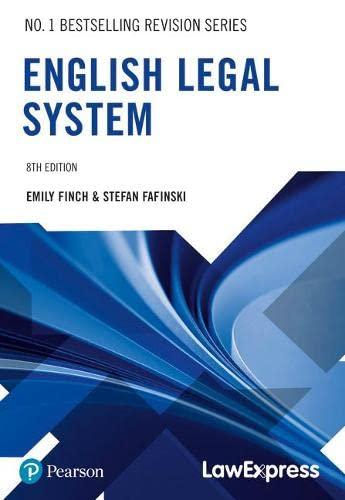Question
The Martha Stewart Case On December 27, 2001, Martha Stewart's stockbroker, Peter Bacanovic, informed Stewart that two of his clients, Samuel Waksal, CEO of the
The Martha Stewart Case
On December 27, 2001, Martha Stewart's stockbroker, Peter Bacanovic, informed Stewart that two of his clients, Samuel Waksal, CEO of the biopharmaceutical company ImClone, and Waksal's daughter, had just sold all of their ImClone stock. Waksal secretly knew that the FDA was about to reject Erbitux, a key cancer drug ImClone had developed. Stewart did not know about the impending FDA rejection of Erbitux, and information about Waksal's sale of ImClone's stock was not available to the public. After receiving the information about Waksal's transaction, Stewart instructed her broker to sell all of her shares of ImClone stock. The following day, the FDA announced its rejection of Erbitux, and ImClone's stock price plummeted 16 percent. Stewart's timely trade allowed her to avoid a $45,673 loss.
Eighteen months later, the Securities and Exchange Commission (SEC) filed charges against Stewart and her broker for illegal insider trading and securities fraud.
1.Did Martha Stewart violate federal securities law? Why or why not?
2.Did Martha Stewart's broker violate securities law? Why or why not?
Kindly answer above two questions in detail with references. I'll be grateful.
Step by Step Solution
There are 3 Steps involved in it
Step: 1

Get Instant Access to Expert-Tailored Solutions
See step-by-step solutions with expert insights and AI powered tools for academic success
Step: 2

Step: 3

Ace Your Homework with AI
Get the answers you need in no time with our AI-driven, step-by-step assistance
Get Started


